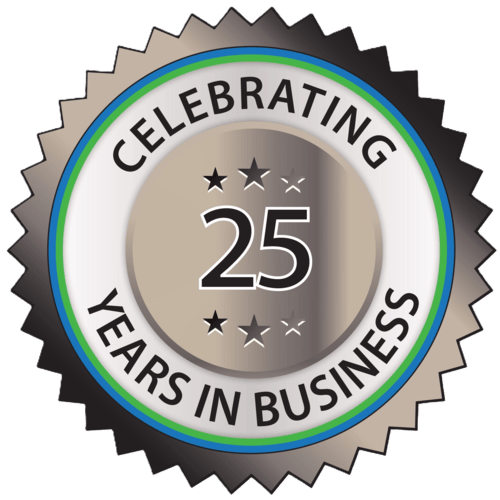When town officials posted thousands of municipal records online years ago, they thought they were making it easier for the public to access useful and important information.
But the belated realization that thousands of older mortgages, tax liens and other documents contain residents’ Social Security numbers — making them potential targets of identity thieves — forced officials to take the records down while they figure out how to redact such sensitive data.
“We need to protect our residents, and we are going to work hard to redact this information,”said First Selectman Steve Dunn of Brookfield, CT.. “But I don’t know how much it’s going to cost. It’s not going to be cheap.”
Bethel Town Clerk Lisa Bergh said her office had redacted Social Security numbers from older documents, including IRS liens, as far back as 2011. But after learning Wednesday that other online records might still contain them, she decided to shut down online access for the time being.
Bergh said she does not think any of the remaining documents still had SSNs, but she wanted to be cautious.
“The privacy of my residents is my No. 1 priority,” Bergh said. “For that reason, I will be pulling the records offline and our staff will be going through all the records to double-check.”
Town clerks in Danbury, New Fairfield and Ridgefield said they never did put property records online, in part to avoid this very problem.
“Most important is that we protect individuals from any kind of identity theft, and anything we could do toward that end is important,” said Janice Giegler, Danbury’s town clerk.
But for other town clerks the proper course is not quite so clear. Noreen Prichard, town clerk in New Milford, said she does not plan to take town records offline unless the state Town Clerks Association recommends it.
And even if the online versions of important records could be successfully redacted, it’s unlikely that the same sensitive information could be removed from the paper originals.
Antoinette Spinelli, the president of the Connecticut Town Clerks Association, said state law sets limits on what clerks can do.
“The statutes are clear that we cannot alter a document which has been recorded and is kept in our permanent record books,” Spinelli said in a statement. “The printed land records maintained in our vaults serve as the official record copies and must be made available to the public in their entirety.”
Ridgefield Town Clerk Barbara Serfilippi said Social Security numbers probably should not have been put on public documents in the first place, but concurred that existing records should not be changed.
“That’s the original, it should stay on there,” she said. “It’s a shame that it ever happened, but it did, and it would be quite a project, quite a project [to redact].”
Pamela Dohan, town clerk in New Fairfield, added that public records also contain information such as addresses or birth dates that criminals could use to residents’ disadvantage.
“We want to try to protect as much as we can, but there is a limit to what we can do,” Dohan said.
Dunn said it would have been difficult for identity thieves to find SSNs online because of the way the documents are structured, and because there is no easy way to search them. Users also must pay a fee to access the online system, he said, and the vast majority of users are lawyers and title companies with legitimate reason to access the documents.
“I don’t think it’s a very economical way to garner people’s Social Security numbers,” Dunn said. “But I understand people’s concerns about online access.”
He plans to hold a Board of Selectmen meeting to discuss how to deal with the problem.
“Until we have a resolution that works for all our residents, we are not going to turn [the online system] back on,” he said.
Dunn said he might press for a change in state law to permit redactions of SSNs or other sensitive information from paper documents.
But LeAnn Power, a public records administrator for the Connecticut State Library, said even that isn’t a surefire solution, because many jurisditions have also copied key documents on microfilm for easier access.
“Are you going to go back to the microfilm?” Power asked. “You can’t alter the microfilm. It’s going to be out there somewhere.”
For now, the best defense against identity thieves appears to be the sheer inconvenience of using paper documents.
“They have to make the effort to come in,” said New Fairfield’s Dohan. “It wouldn’t be like someone sitting in their home at night, or in another country for that matter.”
source: newstimes.com

